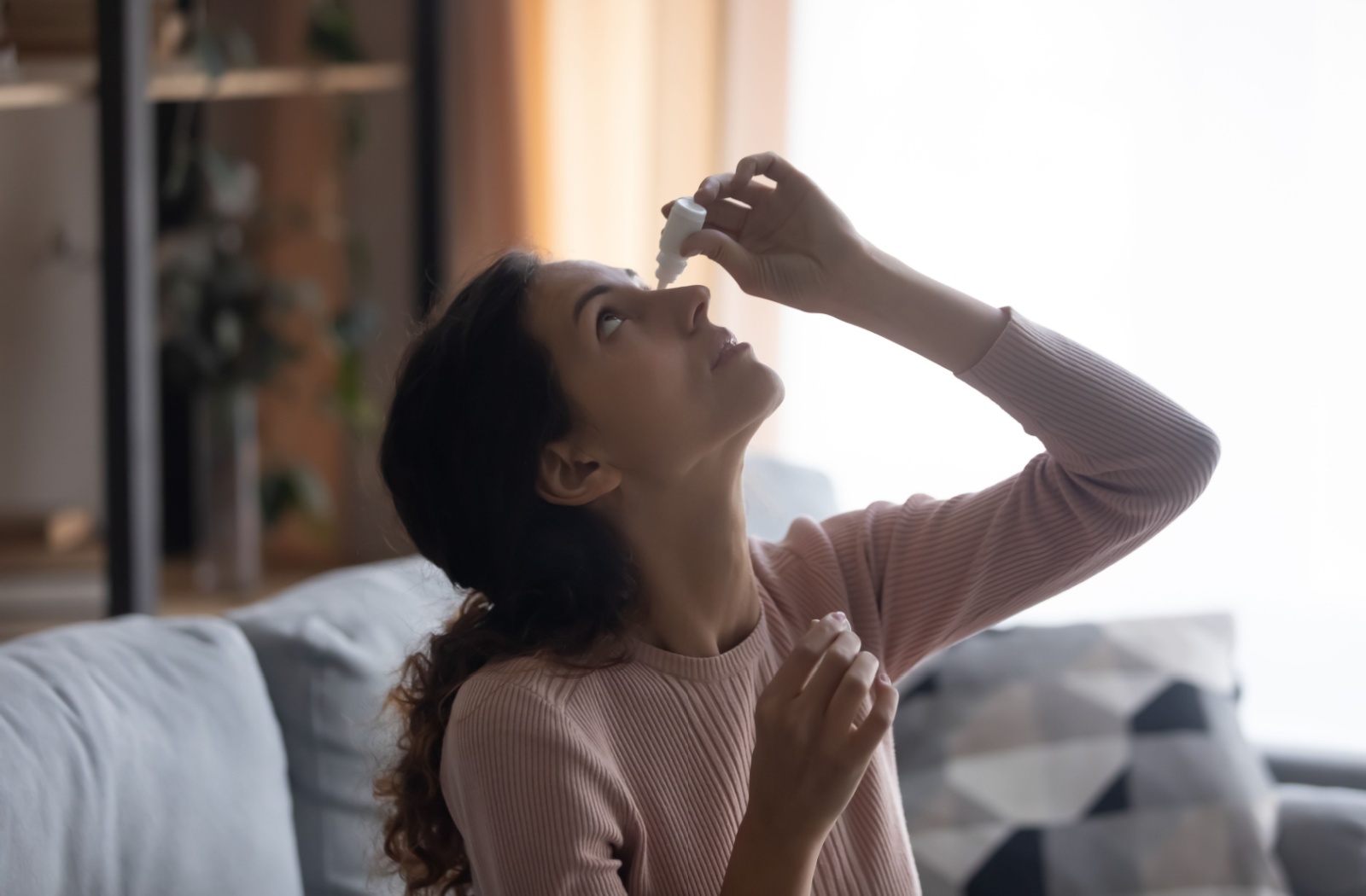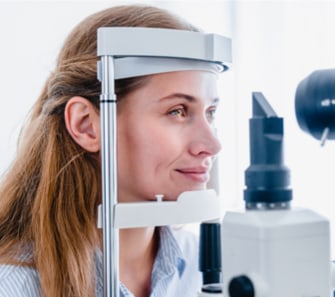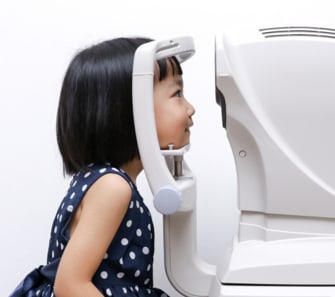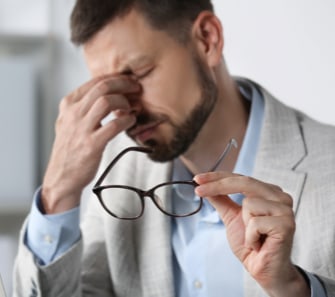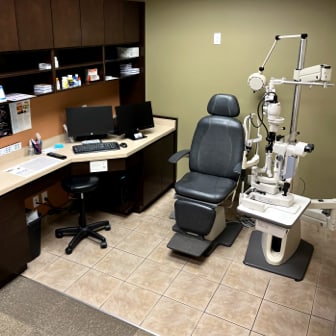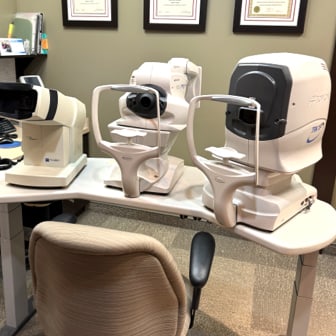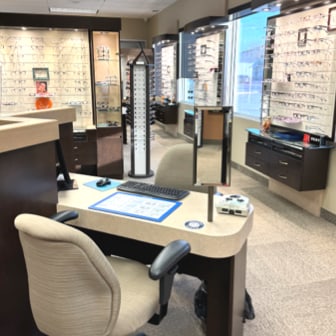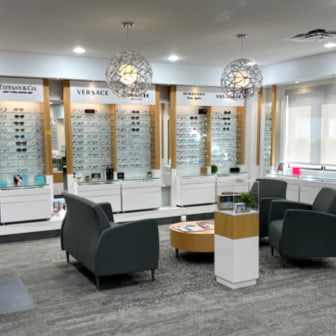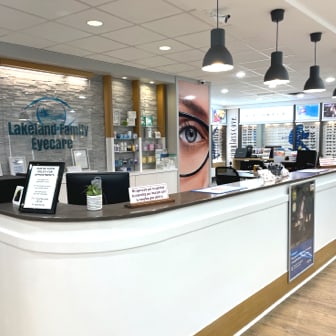Ever stumbled upon an old bottle of eye drops in your medicine cabinet and wondered if they’re still safe to use? You’re not alone.
Many people find themselves questioning the safety and efficacy of expired eye drops, especially when they’re experiencing discomfort or dryness.
Expired eye drops are not a good choice due to a number of reasons, including:
- Changes in effectiveness
- Potential for contamination
- Chemical instability
What Happens to Eye Drops After They Expire?
Changes in Effectiveness
Once eye drops pass their expiration date, the active ingredients may start to break down. This degradation process can lead to a reduction in the effectiveness of the drops, potentially rendering them useless when you need them most. For instance, antibiotic eye drops may no longer fight off bacterial infections effectively when past their expiration date.
Potential for Contamination
Expired eye drops are more susceptible to contamination by bacteria and fungi. Preservatives meant to keep harmful microorganisms at bay lose their potency over time, increasing the risk of introducing contaminants into your eyes. This is particularly concerning for those who use eye drops regularly for conditions like dry eye syndrome.
Chemical Instability
The chemical composition of eye drops can change after expiration, leading to instability and a higher chance of adverse reactions. Ingredients that were once safe can become irritating or even harmful, potentially exacerbating your eye issues rather than relieving them.
Risks of Using Expired Eye Drops
Increased Risk of Infection
Contaminated or ineffective eye drops significantly increase the risk of eye infections. Using expired drops can introduce harmful bacteria into your eyes, leading to complications that require medical attention. Symptoms of an eye infection can range from mild irritation to severe pain, redness, and even vision loss.
Irritation & Allergic Reactions
Expired eye drops may cause unexpected irritation or allergic reactions. The breakdown of ingredients can produce harmful by-products that your eyes were not meant to handle. Symptoms like burning, itching, and increased redness are common indicators that the eye drops are no longer safe to use.
Compromise in Treatment Efficacy
If you rely on eye drops to treat specific conditions like glaucoma, allergies, or dryness, using expired products can compromise the treatment’s efficacy. This not only delays relief but can also lead to the progression of your condition, resulting in more severe symptoms or permanent damage.
Signs Your Eye Drops Shouldn’t Be Used
Cloudiness or Discolouration
One of the most obvious signs that your eye drops have expired or been compromised is a change in appearance. If your eye drops look cloudy, discoloured, or have particles floating in them, it’s a clear indication that they should not be used.
Unusual Smell or Texture
Eye drops are usually odourless. If you notice a strange smell or a change in texture, it’s a sign that the drops may be contaminated or degraded. Avoid using eye drops that don’t look, smell, or feel as they did when new.
Expired Packaging
Always check the packaging for the expiration date. If the date has passed, it’s best to err on the side of caution and dispose of the drops. Even if there are no visible or olfactory changes, the chemical stability and effectiveness cannot be guaranteed.
Proper Eye Drop Storage Tips
How to Extend the Shelf Life
Storing your eye drops properly can help extend their shelf life and ensure they remain effective for as long as possible. Keep them in a cool, dry place away from direct sunlight. Avoid storing them in humid environments like bathrooms, which can accelerate degradation.
When to Replace Opened Bottles
Once opened, eye drops have a limited lifespan, usually indicated on the packaging. Always follow the manufacturer’s guidelines for storage and use.
When to Consult Your Optometrist
If you have any doubts about the safety or effectiveness of your eye drops, consult your optometrist. They can provide guidance on whether your drops are still good to use and offer recommendations for alternatives if needed.
Safe Practices for Using Eye Drops
- Hygiene first: Always wash your hands thoroughly before using eye drops to prevent introducing contaminants into the bottle and your eyes. Avoid touching the tip of the dropper to any surface, including your eyes, to maintain sterility.
- Follow instructions: Use the eye drops exactly as directed by your optometrist or the packaging instructions. Overuse or misuse can lead to complications, while underuse may not provide the relief or treatment you need.
- Monitor for side effects: Pay attention to how your eyes react after using the drops. If you notice increased irritation, redness, or any other unusual symptoms, discontinue use and consult your optometrist immediately.
Get Advice About Eye Drops
Using expired eye drops is not a risk worth taking. The potential for reduced effectiveness, contamination, and adverse reactions far outweighs any benefit of using up an old bottle.Always check the expiration date, store your drops properly, and replace them as recommended. If you’re unsure about the safety of your eye drops, consult your optometrist for advice. Contact Lakeland Family Eyecare for advice and personalized care. We’re here to help you see clearly and comfortably, every day.

